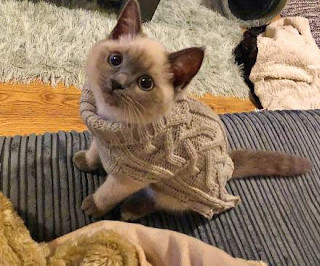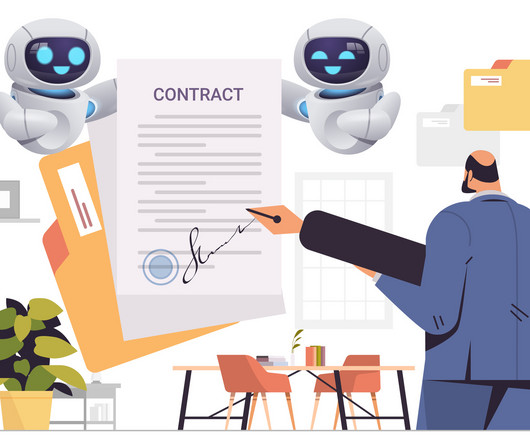[Guest post] Navigating the high notes: Taylor Swift's copyright dispute
The IPKat
MARCH 22, 2024
This article delves into the saga’s central copyright issues and the concept of moral rights, and compares the situation in the US to how it might have unfolded under EU law. Taylor however retained the copyrights over the compositions she created, enabling her to (re-)publish the music independently.










Let's personalize your content